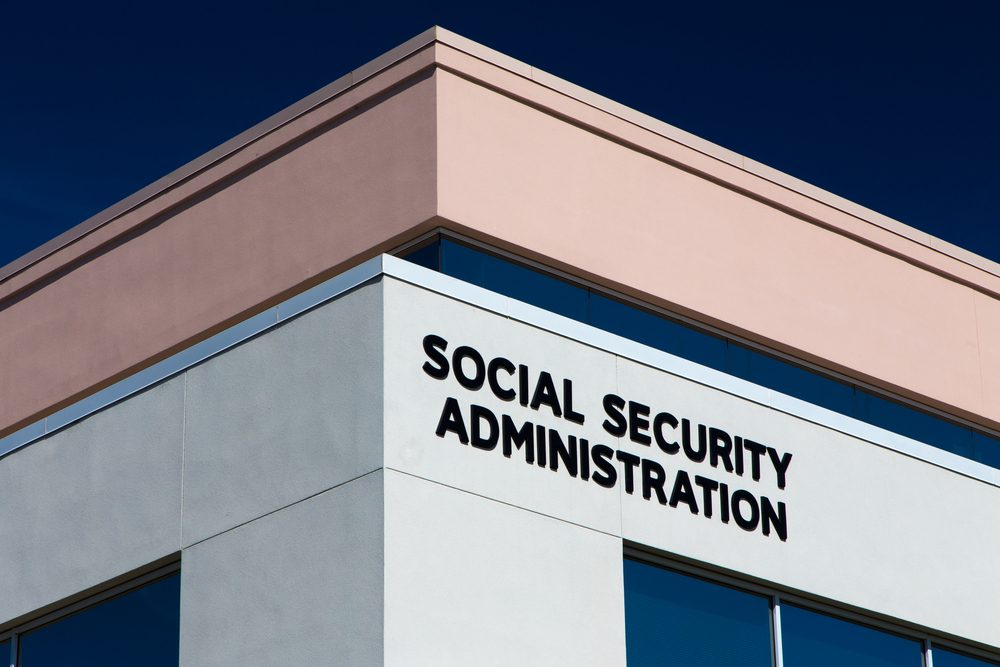
No COLA May Cause Heartburn for Some Medicare Beneficiaries
The Social Security Administration recently announced that Social Security beneficiaries will not receive cost of living adjustments (COLA) in 2016.
Oct 23, 2015

The Social Security Administration recently announced that Social Security beneficiaries will not receive any cost of living adjustment (COLA) in 2016. For most Social Security beneficiaries, a hold harmless provision will also prevent their Medicare Part B premiums from increasing in 2016. This hold harmless provision is designed to prevent a net reduction in beneficiaries’ Social Security payments in years with no COLA. It will protect about 70% of Medicare beneficiaries from any Part B premium increase, which is good news for them. The bad news is that the resulting premium shortfall must be paid by the remaining 30% of Medicare beneficiaries who are not protected by the hold harmless provision. A preliminary estimate issued by the Medicare Trustees indicated that this latter group could see Part B premium increases of more than 50%.
Who is at risk for these large increases?
Medicare beneficiaries who are not protected by the hold harmless provision include those who:
- Are subject to the additional IRMAA Part B premium for higher income levels ($85,000 single or $170,000 joint tax filing),
- Have not yet claimed Social Security benefits, or
- First become eligible for Part B in 2016.
Employers who sponsor retiree health plans may also be affected by this issue if they reimburse retirees for their Part B premium payments. These employers may want to take a close look at their policy regarding Part B premium reimbursement and assess whether they would reimburse:
- Standard Part B premium only?
- IRMAA income-based premium surcharges?
- Different amounts to different beneficiaries depending upon whether they were protected by the hold harmless provision?
If you have any questions regarding this issue please contact your BPAS consultant who can connect you with one of our retiree health benefit consultants.
